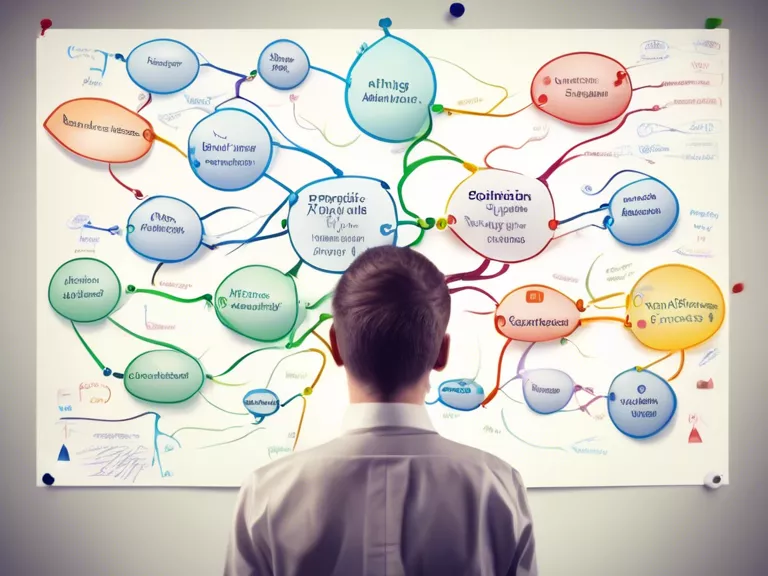
Mind mapping software is a powerful tool that can aid in better learning and comprehension. By visually organizing information, connecting ideas, and gaining a holistic view of topics, students can enhance their understanding and retention of material. Below are some tips on how to effectively incorporate mind mapping software into your learning routine.
Firstly, start by selecting a reliable and user-friendly mind mapping tool. There are several options available online, such as MindMeister, XMind, and Coggle, that offer easy-to-use interfaces and diverse features for creating mind maps.
Next, determine the structure of your mind map. Begin with a central idea or topic and branch out into subtopics or categories. Use colors, icons, and different font styles to differentiate between various elements and make your map visually engaging.
As you create your mind map, be sure to include key concepts, keywords, and relevant information. Summarize complex ideas into concise phrases or short sentences to simplify and clarify the content. By doing so, you can easily review and revise the material later on.
Moreover, explore the interactive features of your mind mapping software. Some tools offer the ability to add hyperlinks, images, videos, and attachments to your map. Utilize these functions to provide additional context, resources, and media content for a more comprehensive representation of the topic.
Finally, regularly review and update your mind maps. As you progress through your learning journey, revisit your maps to reinforce your understanding, identify any gaps in knowledge, and make connections between different concepts. By continuously engaging with your mind maps, you can actively participate in the learning process and strengthen your grasp on the material.
Incorporating mind mapping software into your studying routine can significantly enhance your learning experience. By organizing information visually, making connections between ideas, and utilizing interactive features, you can improve your comprehension, retention, and application of knowledge across various subjects.



